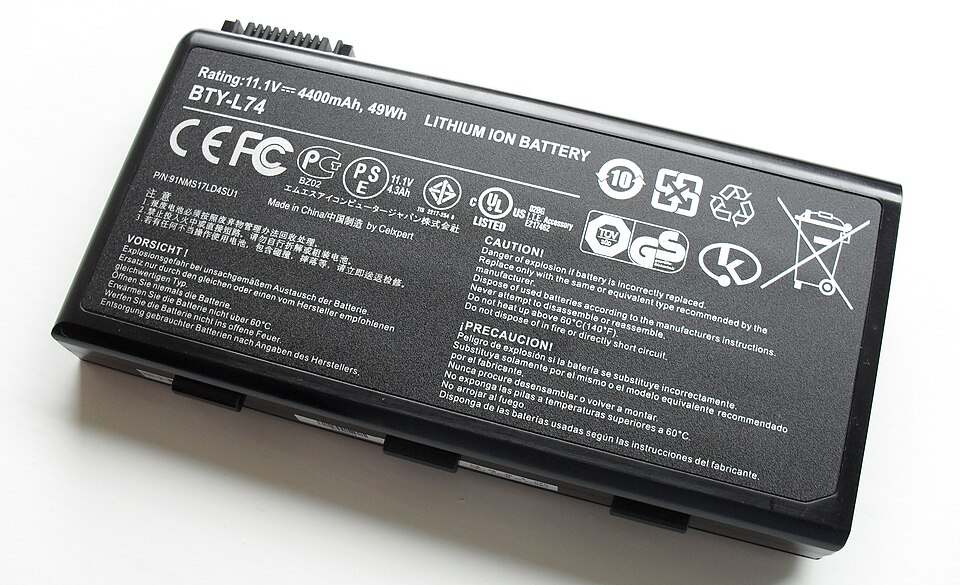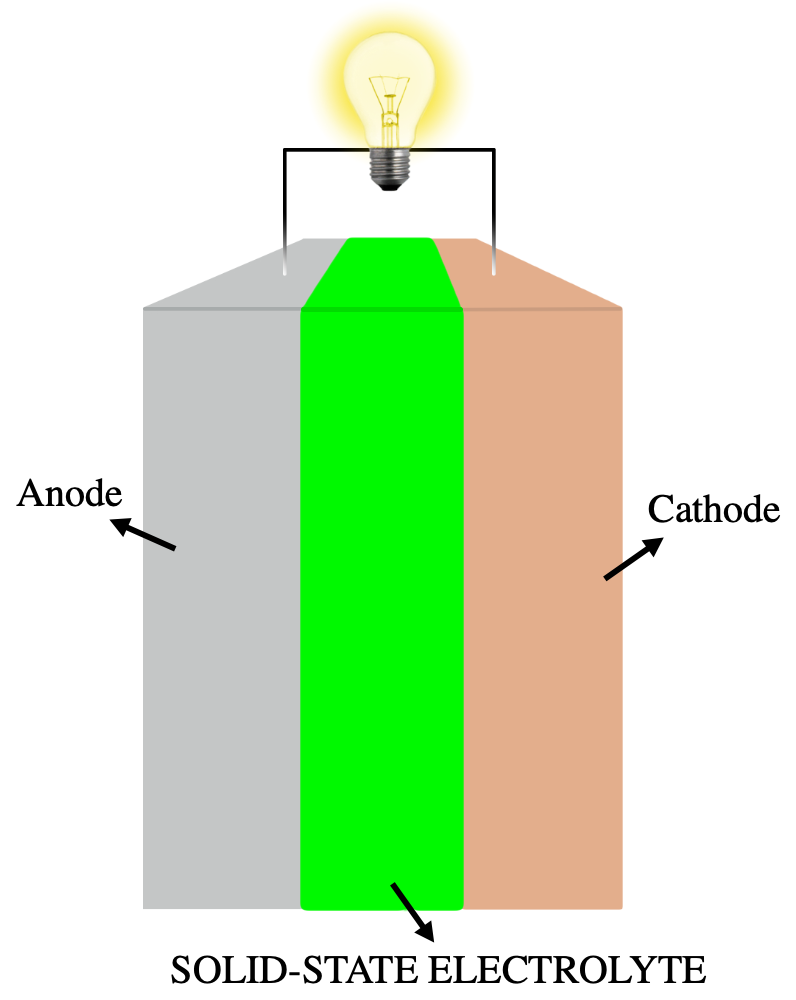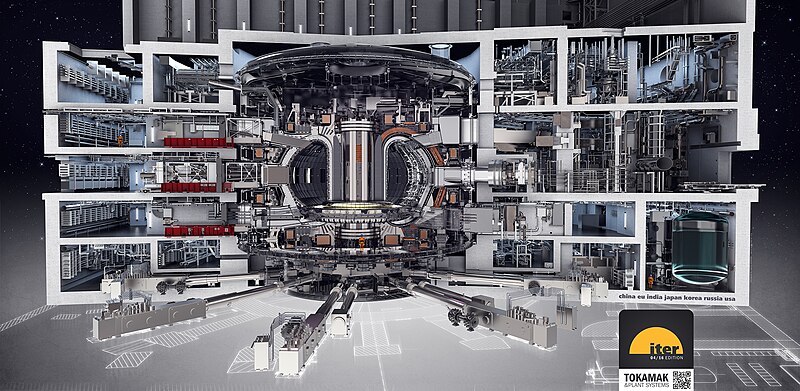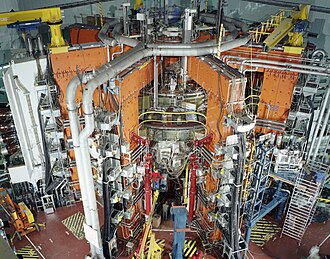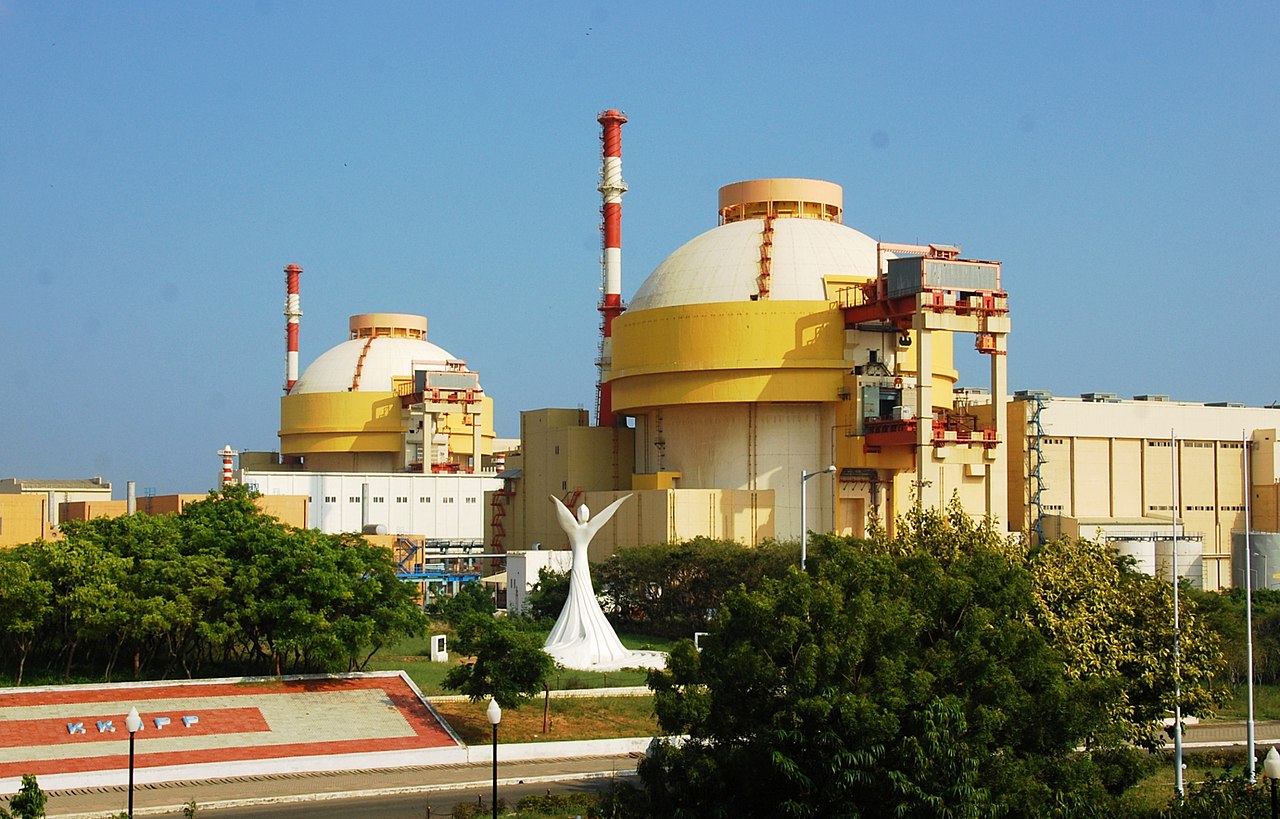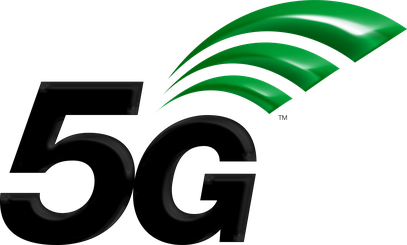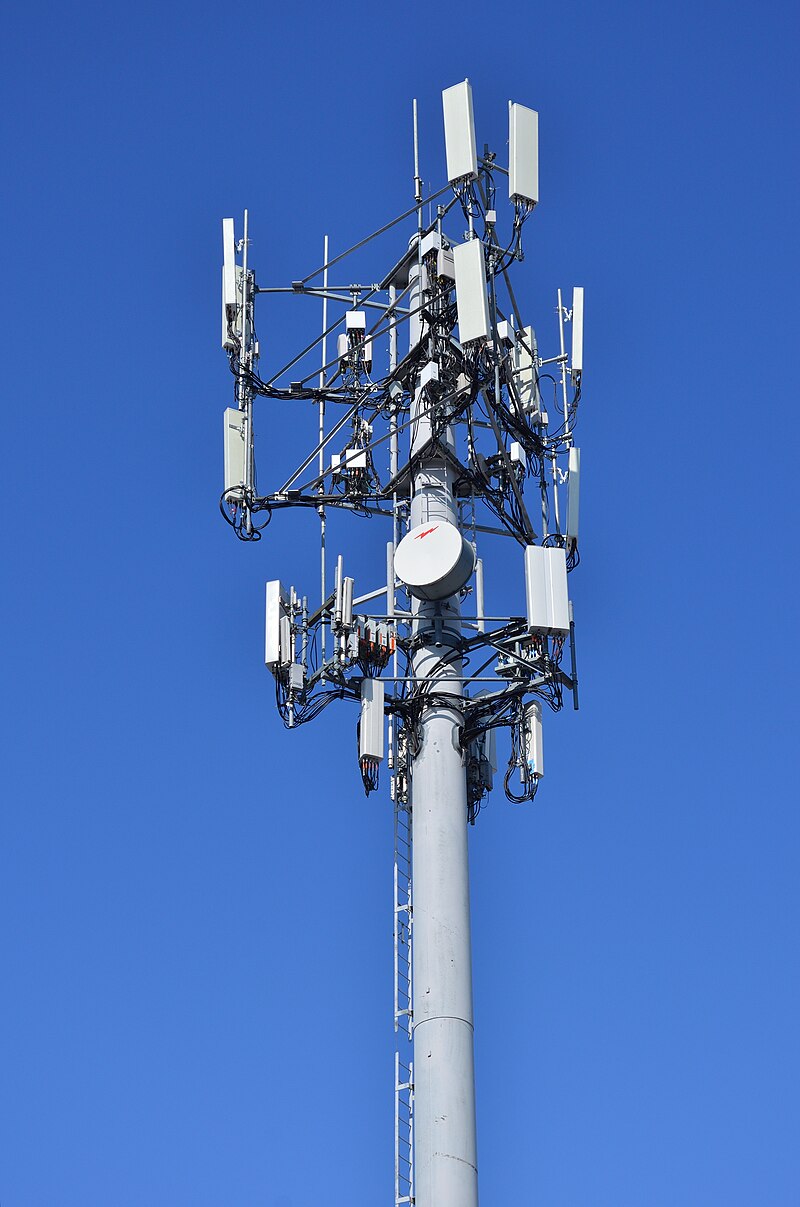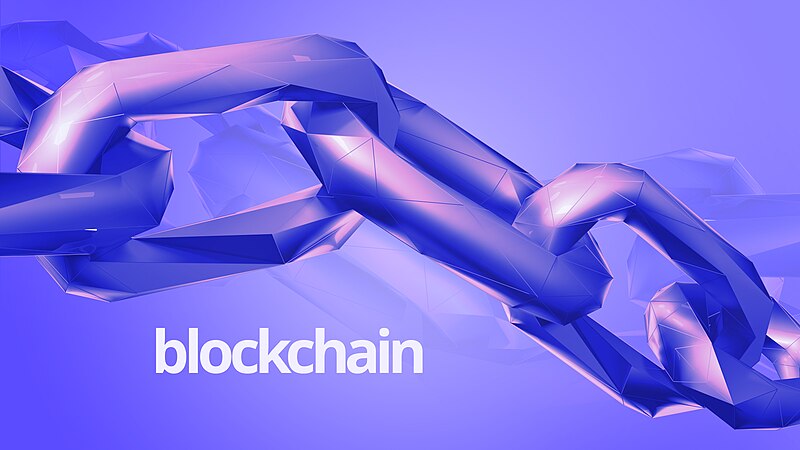Science and Technology
Energy: Lithium-ion Battery
What is it? A lithium-ion battery or Li-ion battery is a type of rechargeable battery. Li-ion batteries use an intercalated (Intercalation is the reversible inclusion or insertion of a molecule into materials with layered structures) lithium compound as one electrode … Continue reading
Energy: Solid-State Batteries
What is it? Definition: These batteries use solid electrodes and a solid electrolyte, instead of the liquid or polymer gel electrolytes found in lithium-ion or lithium polymer batteries. Components Anode: Typically made of lithium metal or other high-capacity materials such … Continue reading
Energy: International Thermonuclear Experimental Reactor (ITER)
Basics What is it?: International Thermonuclear Experimental Reactor is the most advanced and the world’s largest Tokamak facilitating magnetic fusion reactions on a large scale to harness carbon-free and sustainable fusion energy. Location: ITER under construction in France. Members: ITER, … Continue reading
Energy: Tokamak
Basics About Tokamak A tokamak is a device designed to harness nuclear fusion, the reaction that powers the sun and all the stars. In a tokamak, magnetic field coils confine plasma to achieve the required conditions for fusion on the … Continue reading
Energy: India’s Three Stage Nuclear Power Programme
Stage 1 Pressurized Heavy Water Reactors are based on natural uranium that contains 99.3% U-238 and 0.7% U-235. U-235 being fissile sets up the chain reaction and U-238 being non-fissile gets converted to Pu-239 as a byproduct (spent fuel) which … Continue reading
Communication: Satellite Internet Technology
What is it? Satellite Internet works similarly to satellite TV. It begins with an internet service provider sending satellites into space to orbit around the Earth. That ISP then relies on a signal routed through one of those satellites in … Continue reading
Communication: 5G Technology
What is it? 5G is the fifth generation of cellular mobile communications with revolutionary services, which succeeds the 4G, 3G, and 2G (GMS) systems. 5G technology is the next generation of mobile networking standards and promises to deliver an improved … Continue reading
Communication: Spectrum
What is spectrum? Spectrum refers to the invisible radio frequencies that wireless signals travel over. The frequencies we use for wireless are only a portion of what is called the electromagnetic spectrum. Devices such as cellphones, radios, wifi, etc. require … Continue reading
Information and Technology: Cryptocurrency
What is it? Cryptocurrency, also known as crypto, is a type of digital currency that operates through a computer network without the need for a central authority like a government or bank to oversee it. It works as a decentralized … Continue reading
Information and Technology: Blockchain
Advantages Transparency: Provides a public ledger for easy verification and accountability. Security: Uses cryptographic protection and decentralization to prevent tampering. Decentralization: Eliminates intermediaries by enabling peer-to-peer transactions. Efficiency: Automates processes with smart contracts and reduces transaction time. Cost Savings: Lowers … Continue reading

